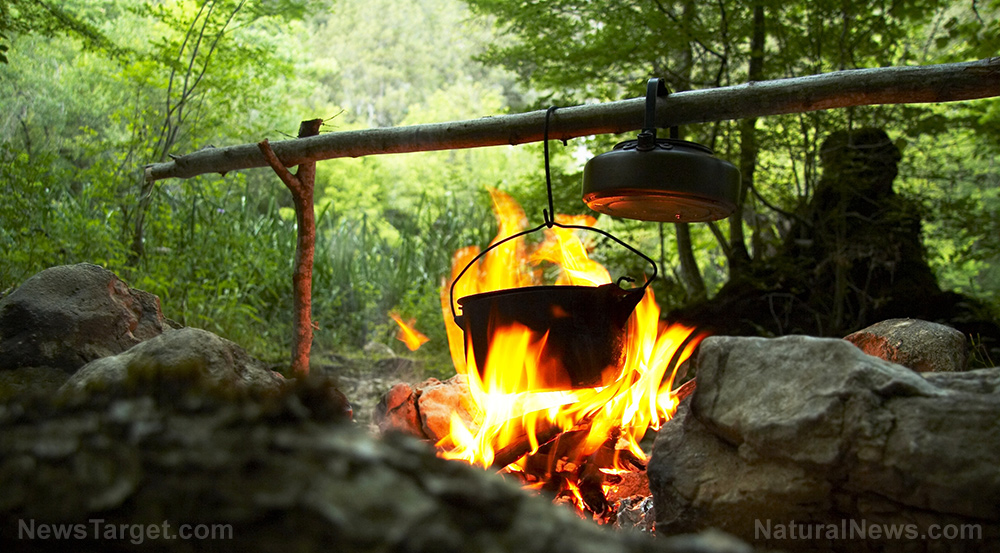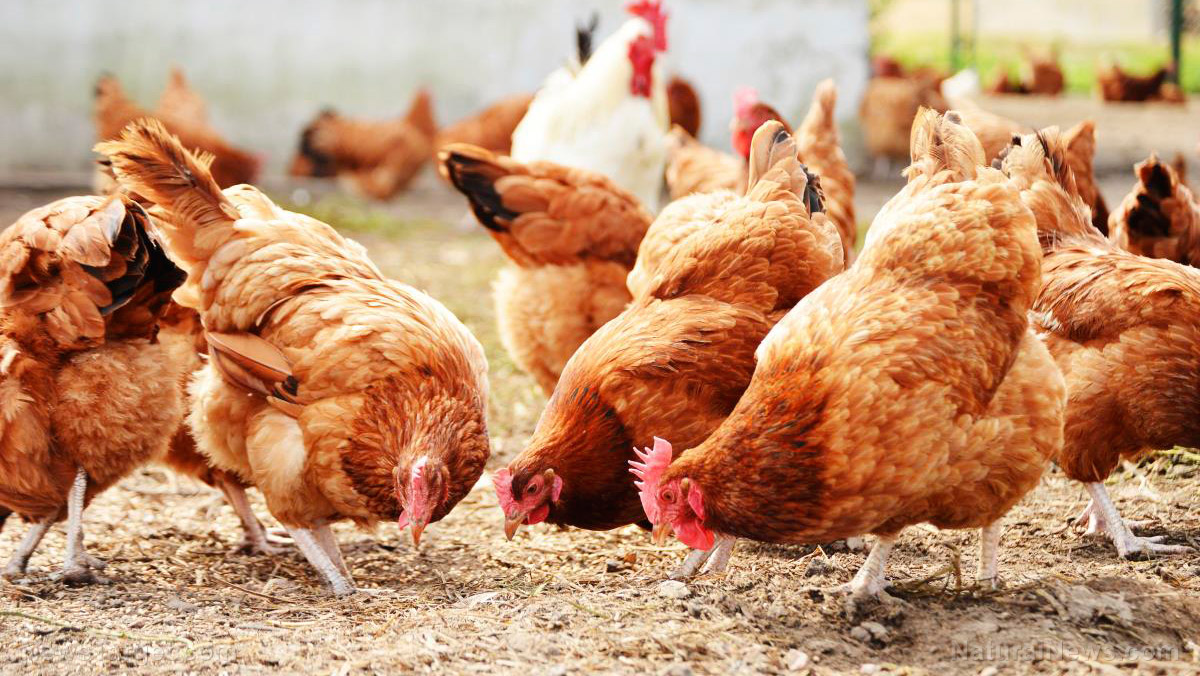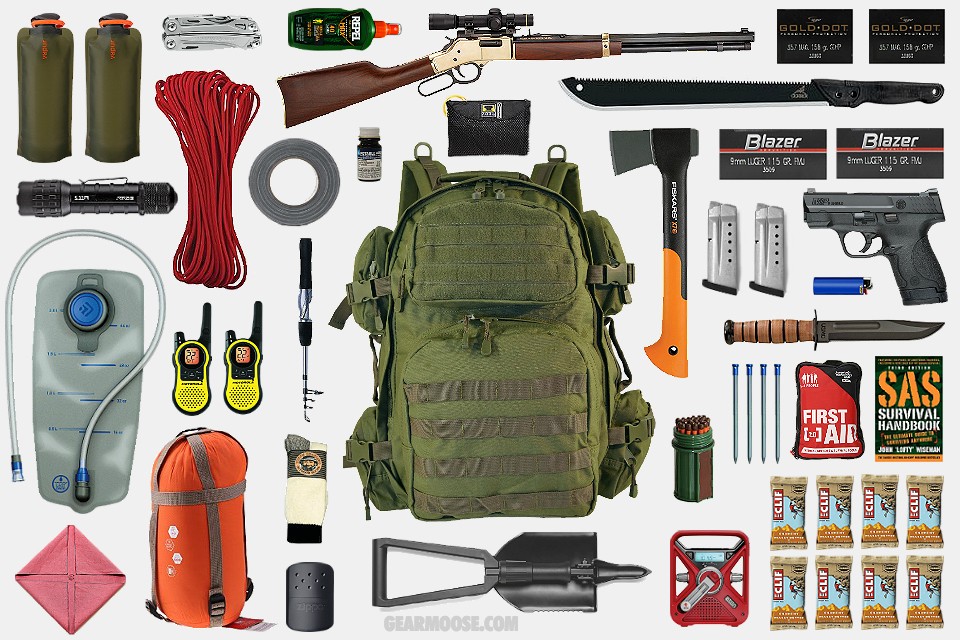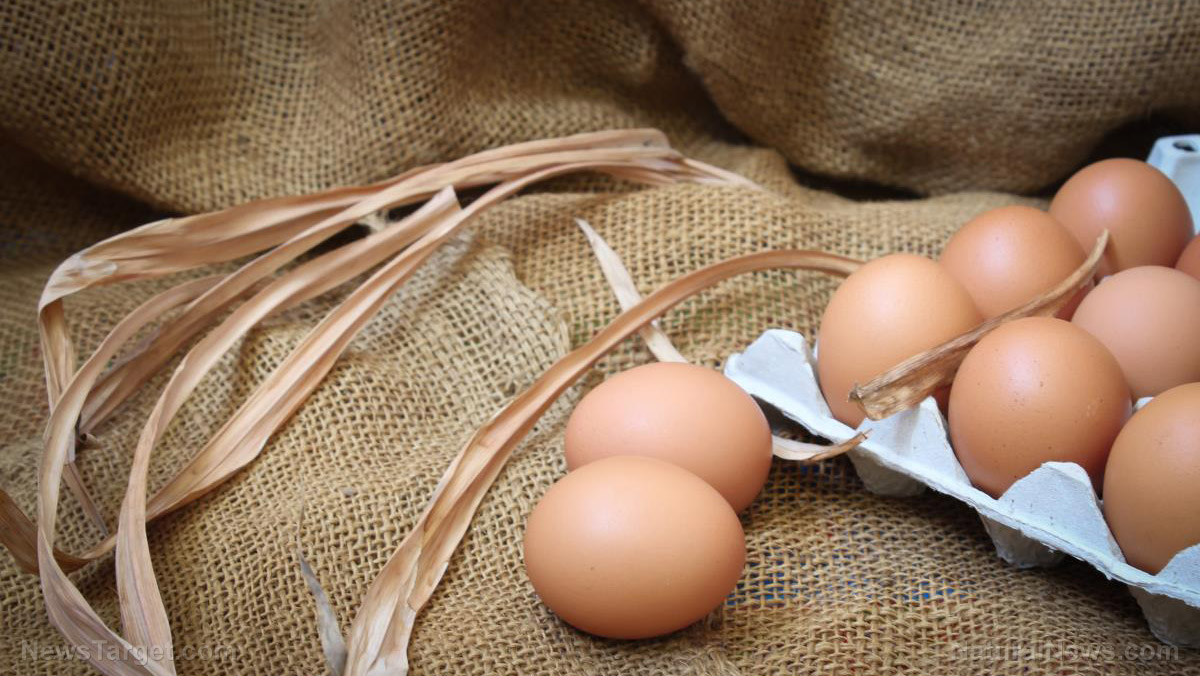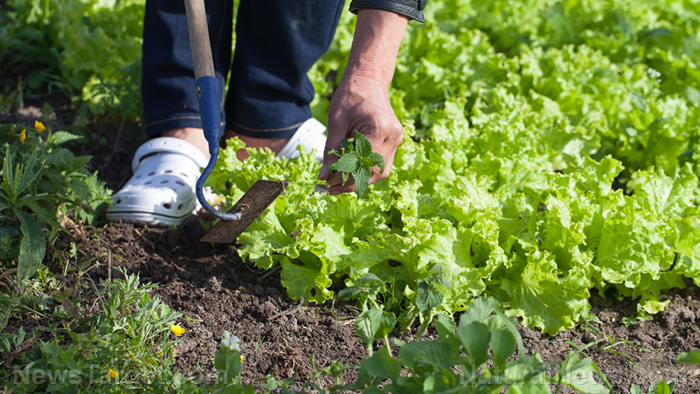Thinking of moving out to the countryside? Some important considerations before you do
04/07/2019 / By Rhonda Johansson
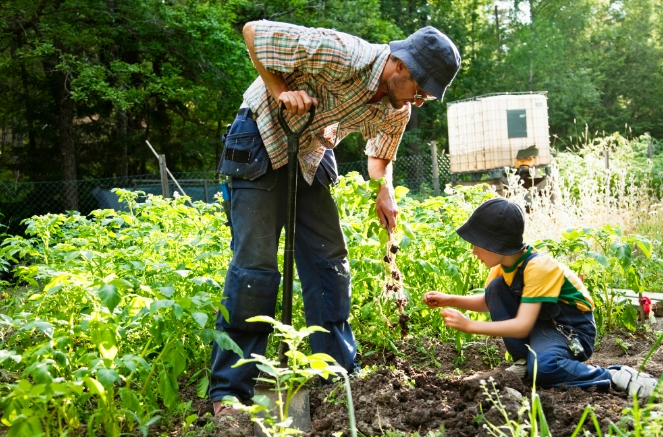
As more of us become disillusioned with city life, there seems to be an exodus moving to the countryside. With big dreams of organic gardens, fresh air, and our children exploring ponds and fields while we relax on a porch with a cup of freshly brewed tea after a long day of gardening, it’s easy to get excited about the prospect of a better life. And you should be. The reality is not far off from romance, but there are some things you need to consider first.
Moving to the countryside does require a dramatic change of life — especially if you’ve grown up in or have gotten used to living in the city. The very things that you may be dreaming about now may be the reasons for your discontent later.
To make the transition a lot easier for you, here are our best tips from moving from the city to a rural area.
Are you renting or buying?
Know every detail of the place you’re planning on settling in. Just because there was a tractor when you first visited doesn’t mean that it’s included in your contract. Regardless of whether you’re renting or buying a property, be very diligent in looking at what is included in your transaction. If something isn’t included, ask if it could be. This may be a tedious process, but sacrificing a lot of time and effort before you actually move out will save you a lot of heartache in the future.
Check the title on the property
Some farmlands may have been exposed to toxic chemicals, so we highly recommend that you first check the title on the property you are intending to rent or buy. If the land has been tested for contamination, this should be clearly stated and well-explained. Otherwise, it may be a good idea for you to buy title insurance to protect you in case there is an issue that makes your property unlivable.
Know who is around you
The further you are from a major town or city, the less immediate help you can depend on. This is why it is extremely important for you to survey the land and know who you can rely on in case of an emergency. Chat with and get to know your neighbors. Ask them about local resources — there may not necessarily be a phone book that you can use. Make regular visits to your town offices and start to become a familiar face.
This will also be a good time to start honing in the skills that you would need. One aspect about rural living that most people fail to appreciate is that living relatively far off from society forces an individual to become self-reliant. (Related: The only person you can really count on is yourself: Here’s how to be more self-reliant.)
Have reliable transportation
If you plan on living in a truly rural community, chances are you’ll be surrounded by dirt roads, potholes, and other rugged conditions. Your beautiful city car won’t cut it. We recommend that you choose a vehicle that has adequate clearance.
Now would be a good time to mention that you would need to know how to service it if it starts to malfunction. Again, you never know if there is a local mechanic nearby. If your car quits on you in the middle of a dirt road, you should be able to fix it just enough to get you back to safety.
Learn how to live with animals
It’s the countryside — so expect wildlife. You need to learn how to live harmoniously with the animals that are around you. As such, it is important that you keep your trash contained and secured, fence your garden well, and do not leave any pet food outside.
Interested in learning more about rural living? GreenLivingNews.com is the place to go to.
Sources include:
Tagged Under: bugout, countryside, green living, home and life, homesteading, off grid, Off-the-grid living, preparedness, prepping, relocation, rural living, survival

